|
My mom @pierrettemora is an #artist in Rennes, Brittany, France. Check her paintings at http://www.pierrettemora.fr
0 Comments
A long workday of decision making drains our willpower, making us more likely to choose cake over fruit as an evening snack. Plan ahead to better allocate your willpower throughout the day. [Thank you Stanford GSB | By Marina Krakovsky] Michal Bortnik, a second-year MBA student, was one of 14 who had arrived on campus before the start of classes to attend Professor Baba Shiv’s intensive week-long elective seminar on “The Frinky Science of the Human Mind.” Bortnik, who had been a computer science major, had no particular interest in psychology or neuroscience; he was there for one reason: He’d heard that Shiv is “awesome.” The award-winning teacher, an associate professor in the marketing area since 2005, didn’t disappoint: In the first session alone, after instructing everyone to call him “Baba,” he took apart a model of the human brain and gave a whirlwind tour of its emotional circuitry, presented the intellectual history of emotions in decision making, and managed to tie it all in with, among other things, emotional branding in Coke and Pepsi TV ads, Best Buy’s problem with product returns, and Google’s $3.1 billion purchase of DoubleClick. Throughout, Shiv wove in research results that he calls “frinky”—not a dictionary word but one his son made up to mean counterintuitive and funky. Case in point: The Shiv study that became fodder for a Jay Leno monologue. The study, which aimed to see the effect of emotions on making simple investment decisions, examined how well healthy adults performed compared to patients with damage to the emotion-processing regions of the brain. The rules were simple: Participants each got $20 they could use to place $1 bets on 20 tosses of an ordinary coin. Each losing bet would cost $1, while each winning bet would earn $2.50. From a cool-headed distance, the right decision is a no-brainer: Given the payout and the odds of winning, of course you should bet every time. But anyone at all familiar with prospect theory in behavioral economics, developed by legendary psychologists Daniel Kahneman of Princeton and the late Amos Tversky of Stanford as an alternative to theory on expected utility, knows that’s not what most people actually do. Irrationally, we’re risk averse, finding the pain of loss much greater than the pleasure of equivalent gain. And, sure enough, in Shiv’s experiment the healthy participants passed up several chances to place a bet—and, as fear mounted with each subsequent coin toss, were less and less likely to take the gamble. As a result, they earned an average of only $22.80. A typical demonstration of loss aversion? Perhaps, but here’s the frinky part: The Mr. Spock-like (“Vulcan”) patients earned $25.70, on average, because they remained unswayed by the fear of loss throughout the game. Enter Leno. “If you’ve been banging your head against the wall, frustrated with your investment returns,” he advised on the Tonight Show, you should “keep banging your head against the wall.” Bada-Bang, Bada-Boom. Needless to say, that won’t work, even when you strip away the enormous complexity of real-world investment markets, as this study did. (Nonetheless, for good measure, Shiv and his colleagues — behavioral economist George Loewenstein and neuroscientists Antoine Bechara and Hanna and Antonio Damasio — also had tested patients with other forms of brain damage and found that their performance was about the same as for normal individuals. In other words, blunted emotions are the key.) Fruit or Cake ? Professor Baba Shiv designs experiments that untangle when and why we use different modes of decision making. Read more: http://philippemora.tmblr.com More hours in the day. It’s one thing everyone wants, and yet it’s impossible to attain. But what if you could free up significant time—maybe as much as 20% of your workday—to focus on the responsibilities that really matter?
To identify the tasks you need to drop or outsource, take this interactive assessment. [ Thank you harvard Business Review | by Julian Birkinshaw and Jordan Cohen] We’ve spent the past three years studying how knowledge workers can become more productive and found that the answer is simple: Eliminate or delegate unimportant tasks and replace them with value-added ones. Our research indicates that knowledge workers spend a great deal of their time—an average of 41%—on discretionary activities that offer little personal satisfaction and could be handled competently by others. So why do they keep doing them? Because ridding oneself of work is easier said than done. We instinctively cling to tasks that make us feel busy and thus important, while our bosses, constantly striving to do more with less, pile on as many responsibilities as we’re willing to accept. We believe there’s a way forward, however. Knowledge workers can make themselves more productive by thinking consciously about how they spend their time; deciding which tasks matter most to them and their organizations; and dropping or creatively outsourcing the rest. We tried this intervention with 15 executives at different companies, and they were able to dramatically reduce their involvement in low-value tasks: They cut desk work by an average of six hours a week and meeting time by an average of two hours a week. And the benefits were clear. For example, when Lotta Laitinen, a manager at If, a Scandinavian insurance company, jettisoned meetings and administrative tasks in order to spend more time supporting her team, it led to a 5% increase in sales by her unit over a three-week period. While not everyone in our study was quite that successful, the results still astounded us. By simply asking knowledge workers to rethink and shift the balance of their work, we were able to help them free up nearly a fifth of their time—an average of one full day a week—and focus on more worthwhile tasks with the hours they saved. Microsoft had some big product successes and a number of flops under Steve Ballmer.
He spent over 30 years at Microsoft, helping shape the company’s products and culture. The era of Steve Ballmer’s leadership at Microsoft is coming to a close: the CEO said Friday that he plans to retire in the next year, and the company is on the hunt for a successor. [Thank you MIT Technology Review | By Rachel Metz 08.23.13] Ballmer, 57, who came to Microsoft in 1980 as its first business manager, was the first CEO after founder Bill Gates left the post in 2000. In his 13 years at the helm, Ballmer has led some smash-hit products and a number of flops, ranging from computer operating systems to gesture-control gaming hardware The following is a list of some notable successes and failures. Xbox and Kinect Introduced in November 2001, the Xbox gaming console was a rapid hit—NPD Group estimates that Microsoft sold 1.5 million units in North America in the first month and a half of its availability. In November 2005, Microsoft released the successor to the device, the Xbox 360, which has also proved popular: though sales dropped slightly year over year, the company said it shipped out a million of the consoles in its fiscal fourth quarter, which ended June 30. A new version of the console, Xbox One, is expected to go on sale in the fall. In November 2010 Microsoft began selling Kinect, its gesture-based Xbox controller, which has gained a legion of fans on the Xbox platform and beyond. Some researchers and entrepreneurs are taking advantage of the hardware as an inexpensive, readily available way to test their own gesture-control software. Zune Intended as an iPod challenger, the Zune music and media player was unveiled in September 2006. While the device had plenty of music and video-playing features, it wasn’t able to duplicate the iPod’s style and cachet (nor the mammoth app marketplace that Apple built), and it never caught on with consumers. While it turned out to be a market failure—sales of the product and its related services were all shuttered by last year—the Zune did influence the look of the software in Microsoft’s later mobile products. Kin The Kins weren’t pricey smartphones, but they weren’t cheap feature phones, either. Rather, they straddled the line between the two, confusing potential customers. When unveiled in 2010, the original two Kin models ($50 and $100 with a wireless contract) were touted as a tool for teenagers and twentysomethings seeking a handset that was good mostly for calling, texting, and social networking. Unfortunately, the phones necessitated a full-price data plan but didn’t have a number of the features you’d normally get with such a plan. Less than two months after their release, the Kin phones were discontinued. |
Head of Product in Colorado. travel 🚀 work 🌵 weights 🍔 music 💪🏻 rocky mountains, tech and dogs 🐾Categories
All
|

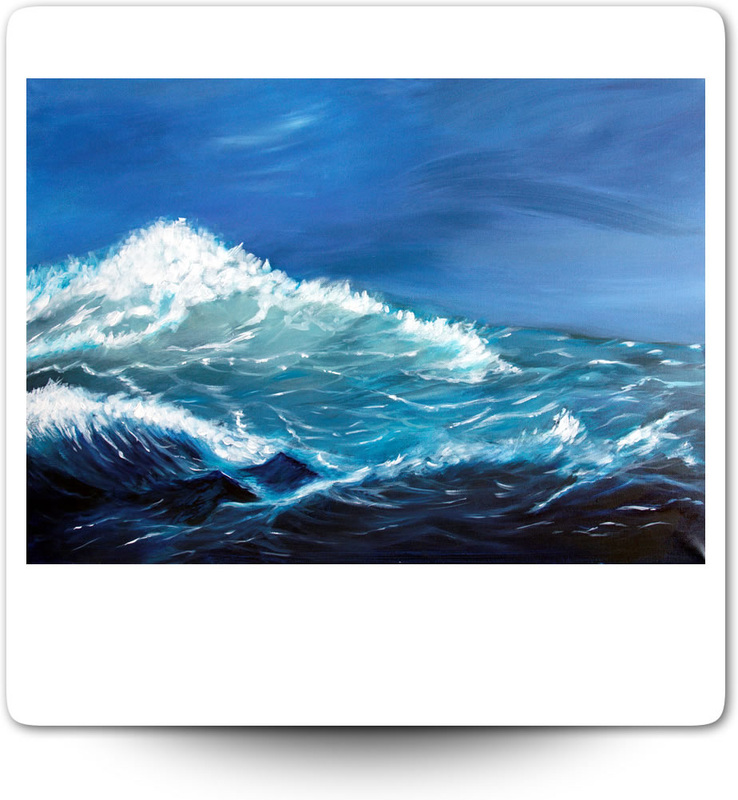
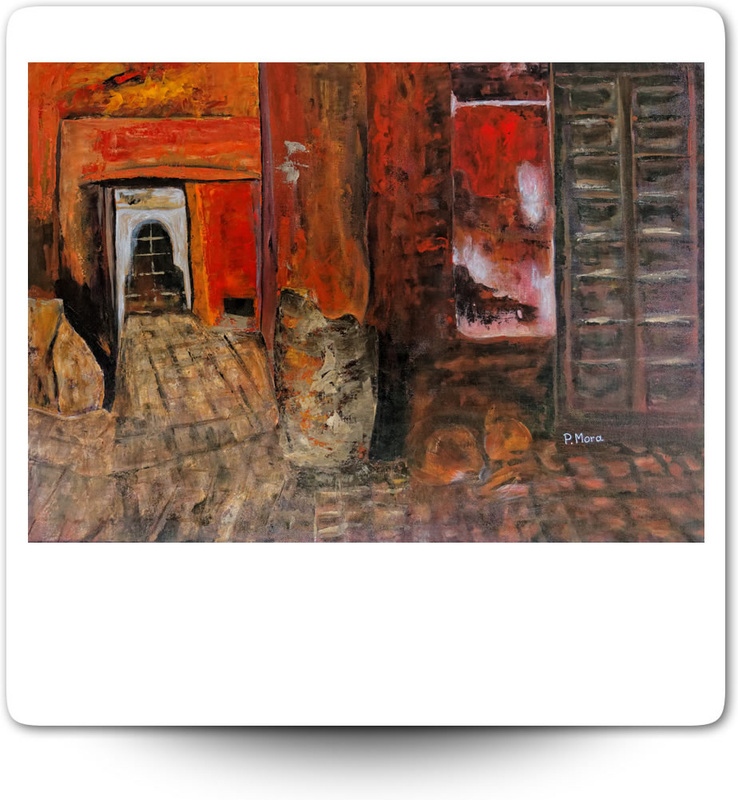

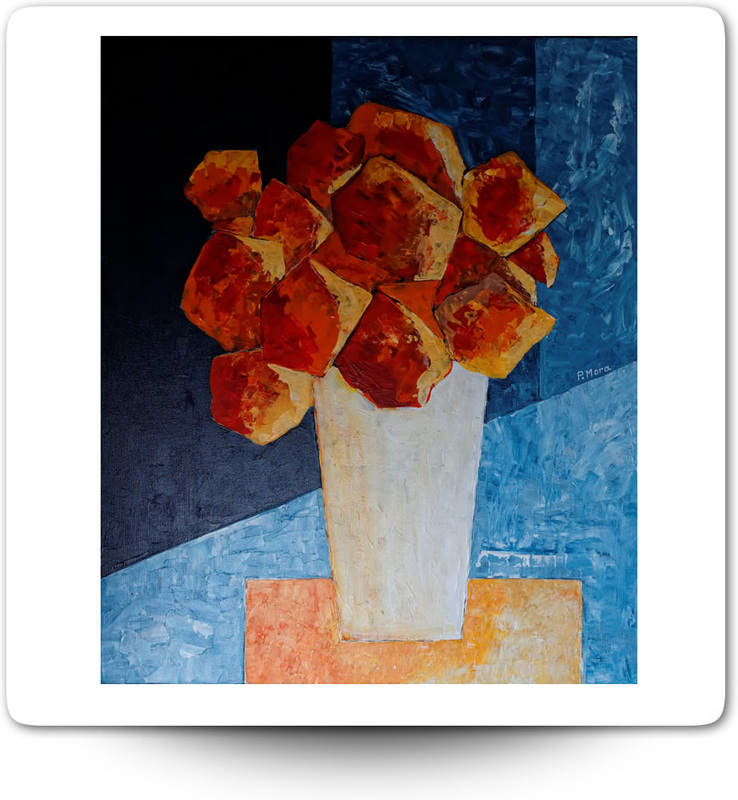
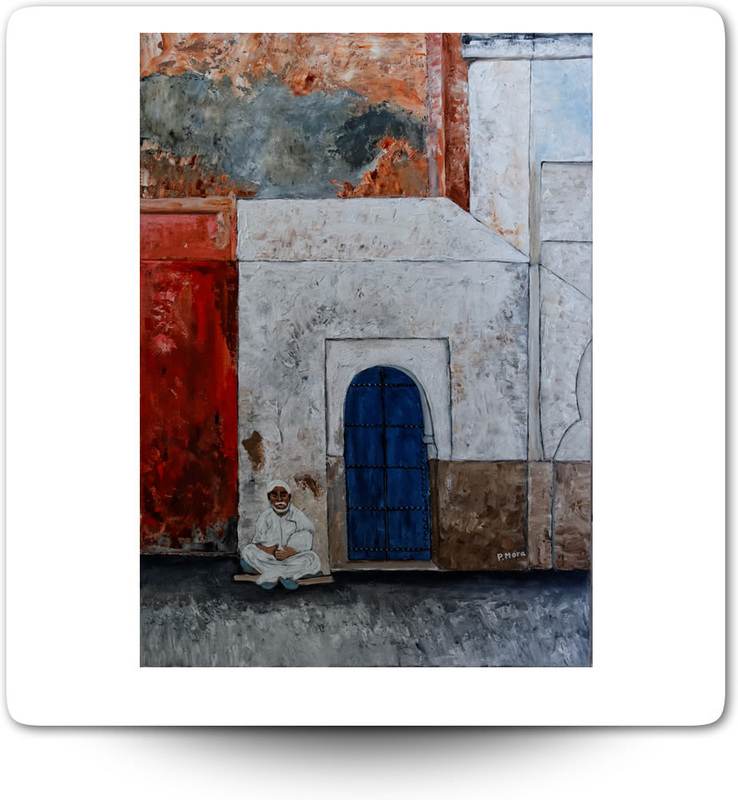

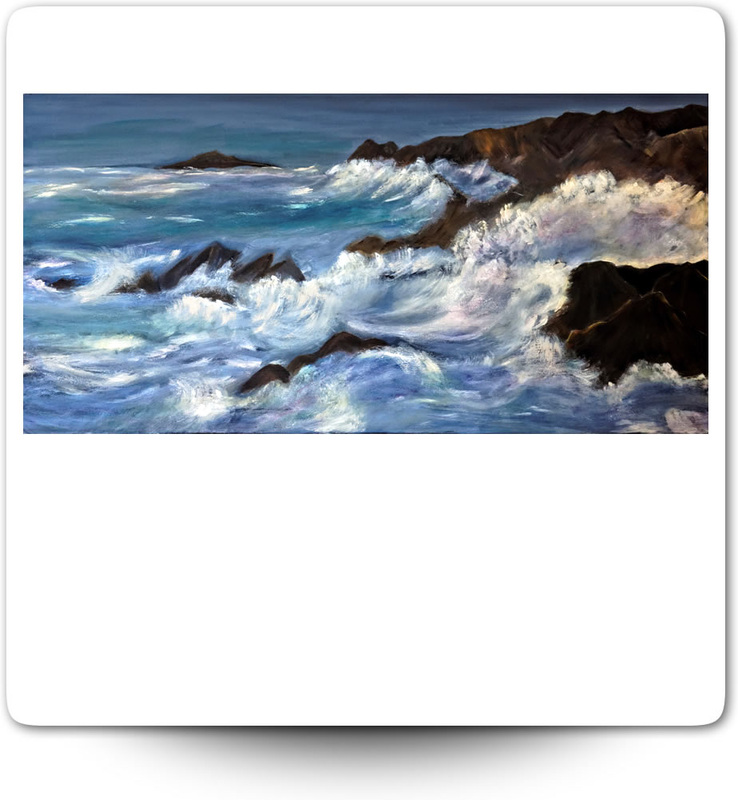
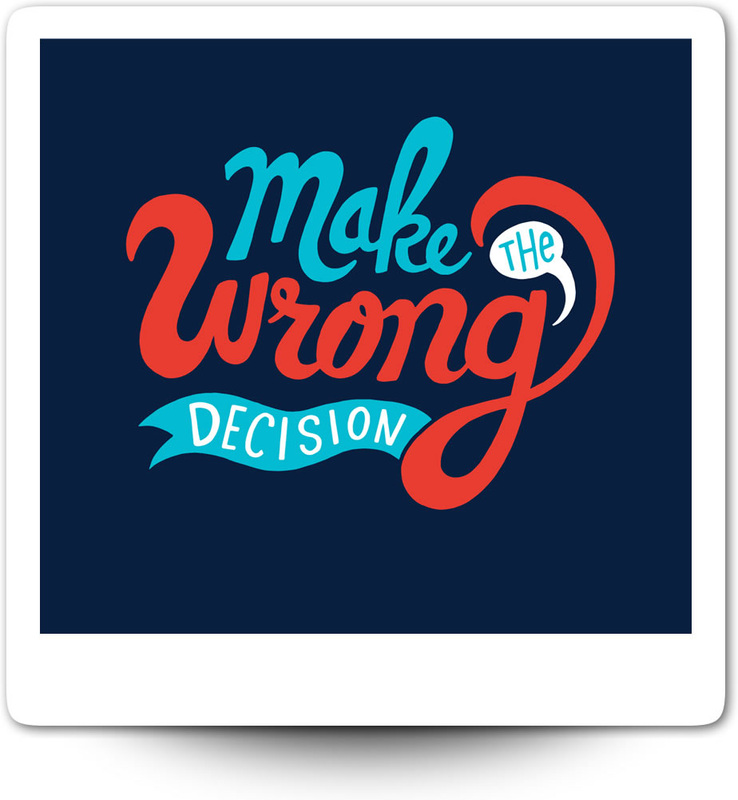


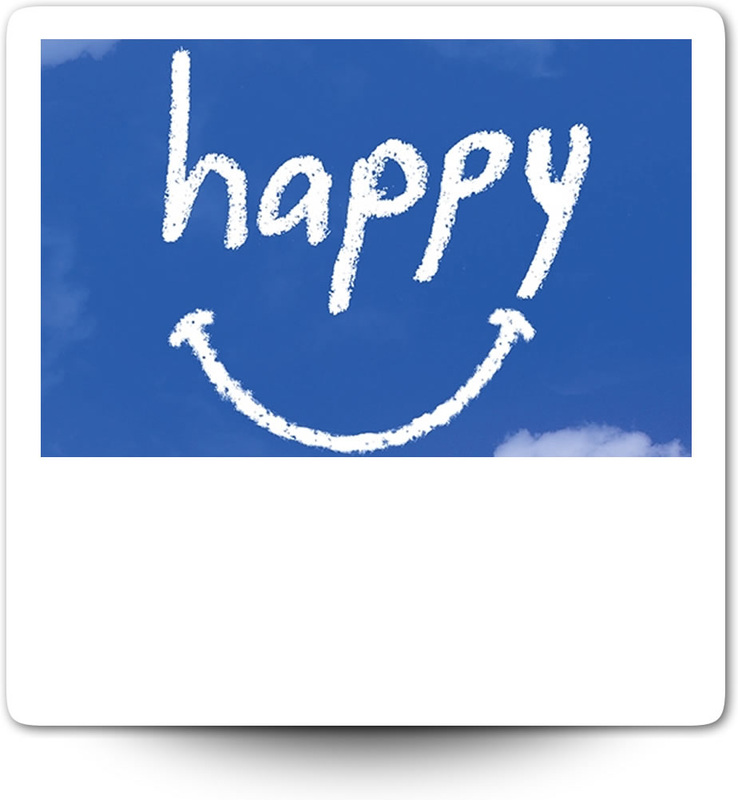
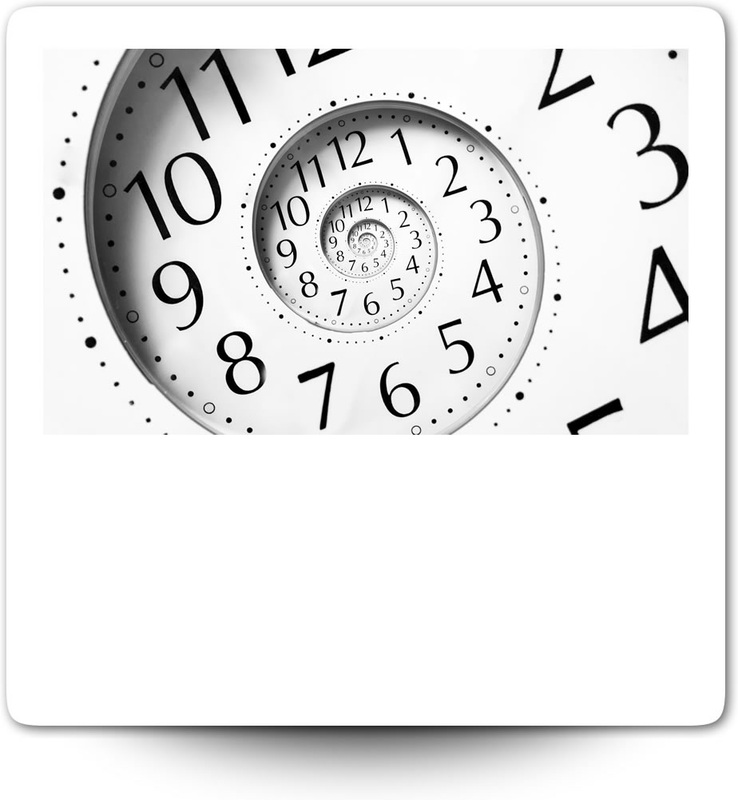
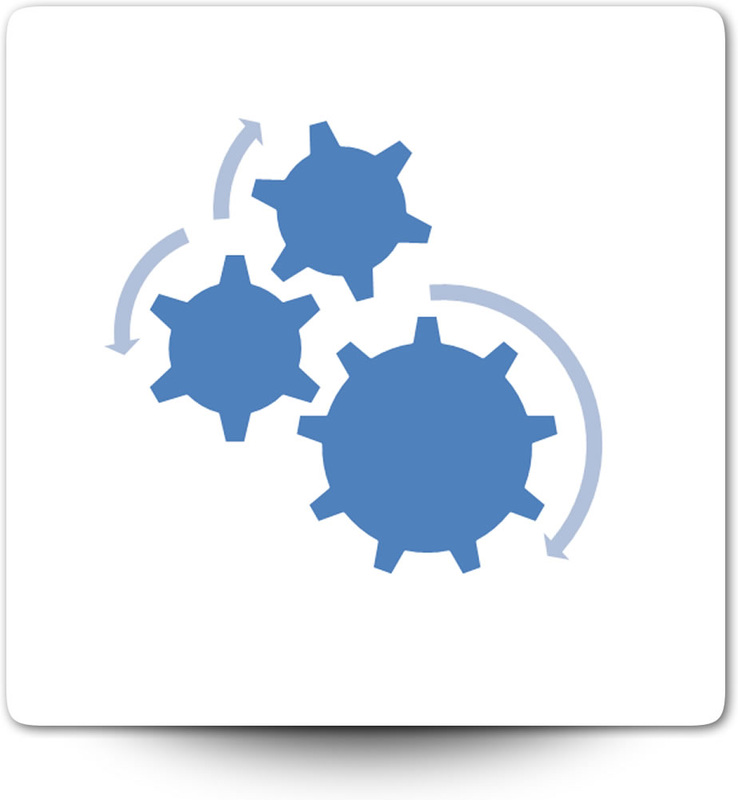
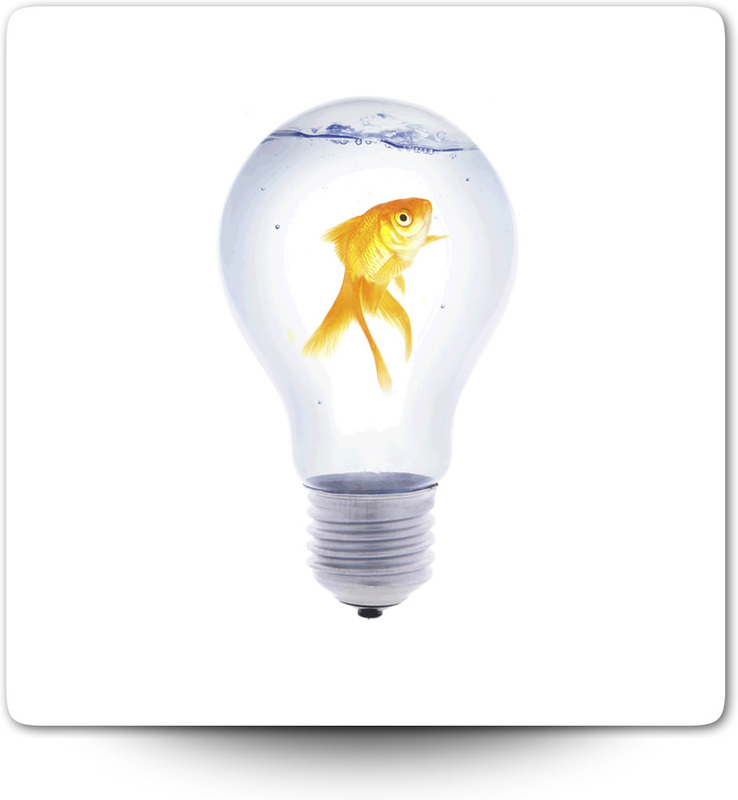
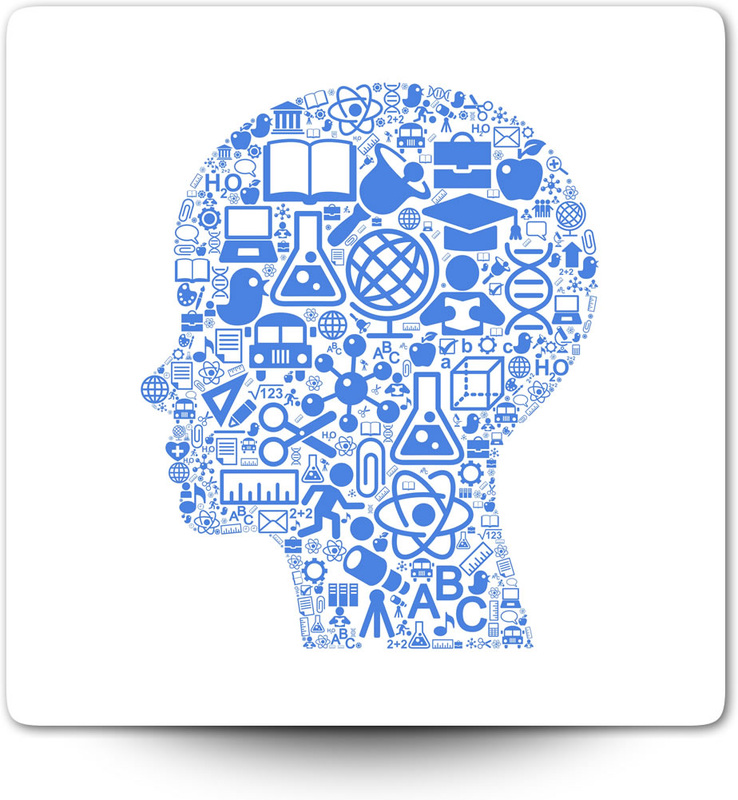


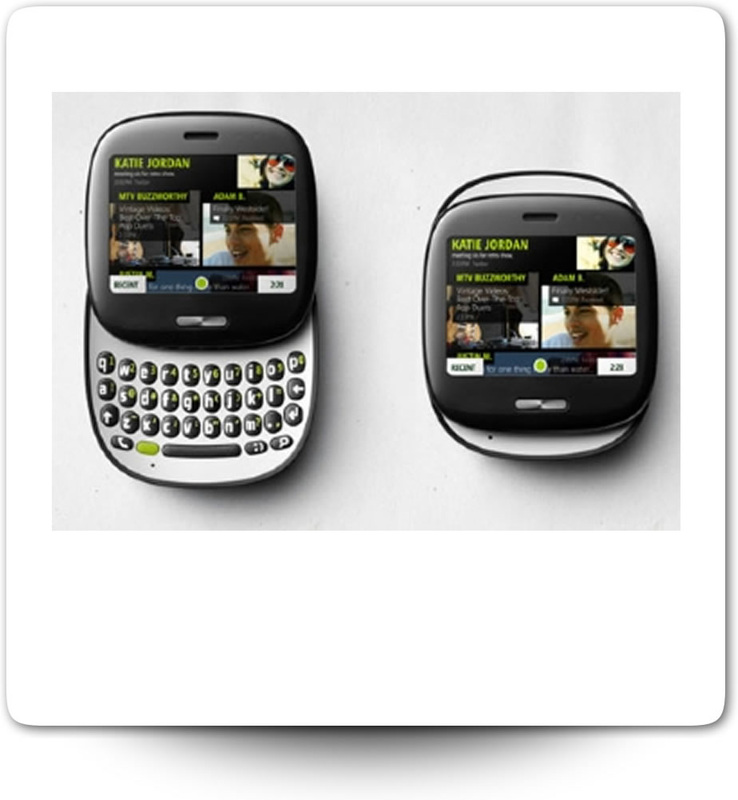
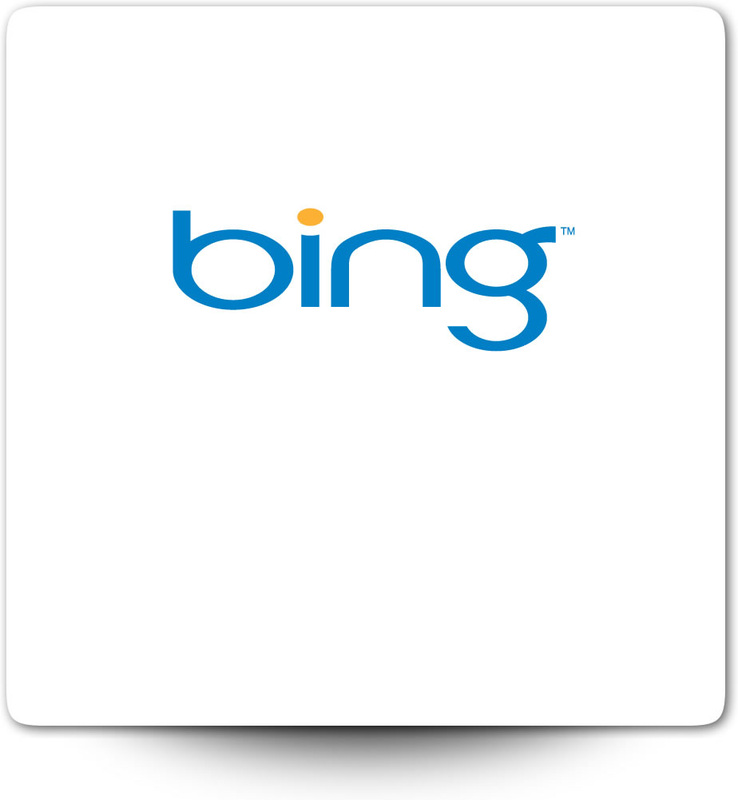

 RSS Feed
RSS Feed